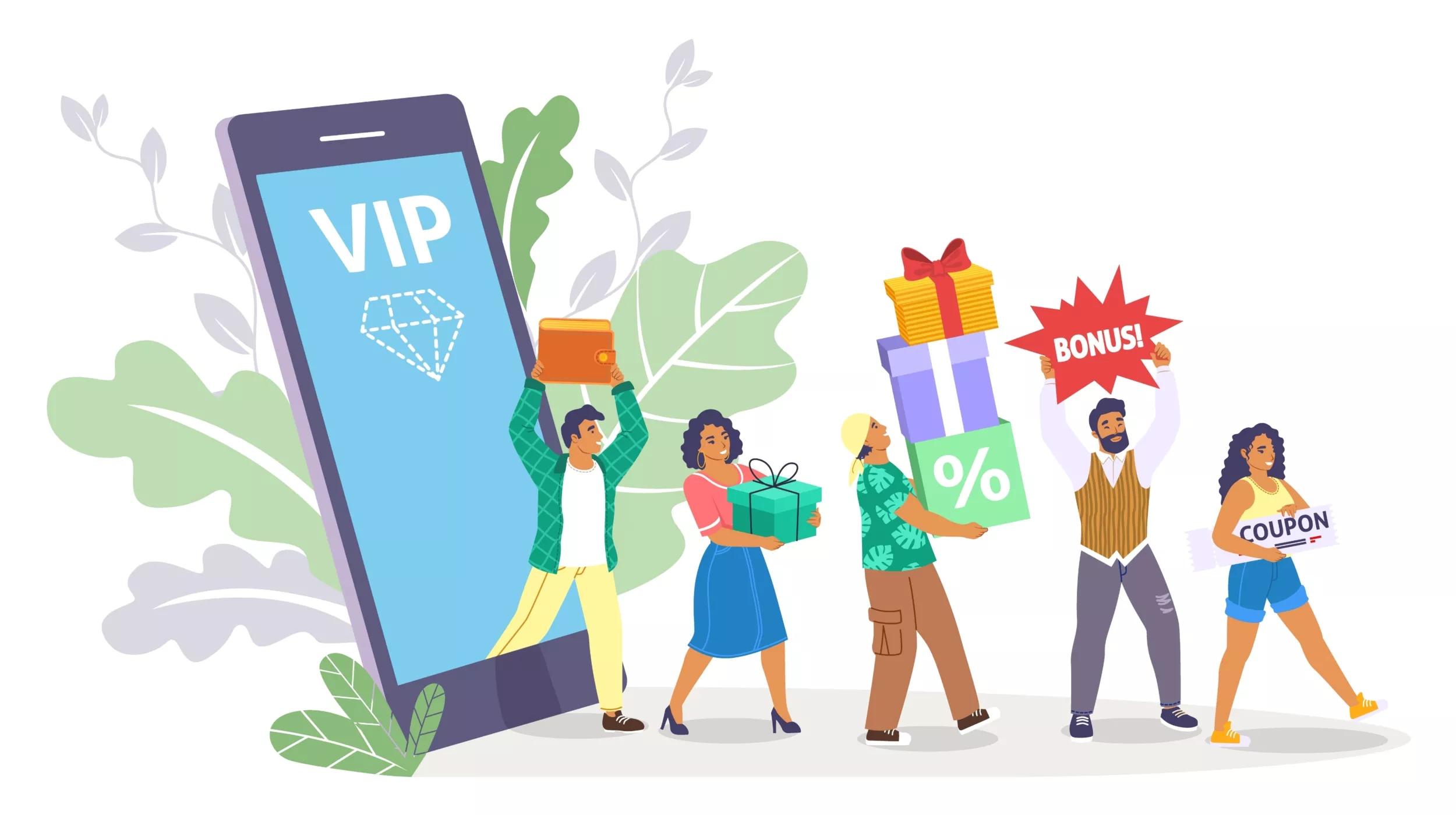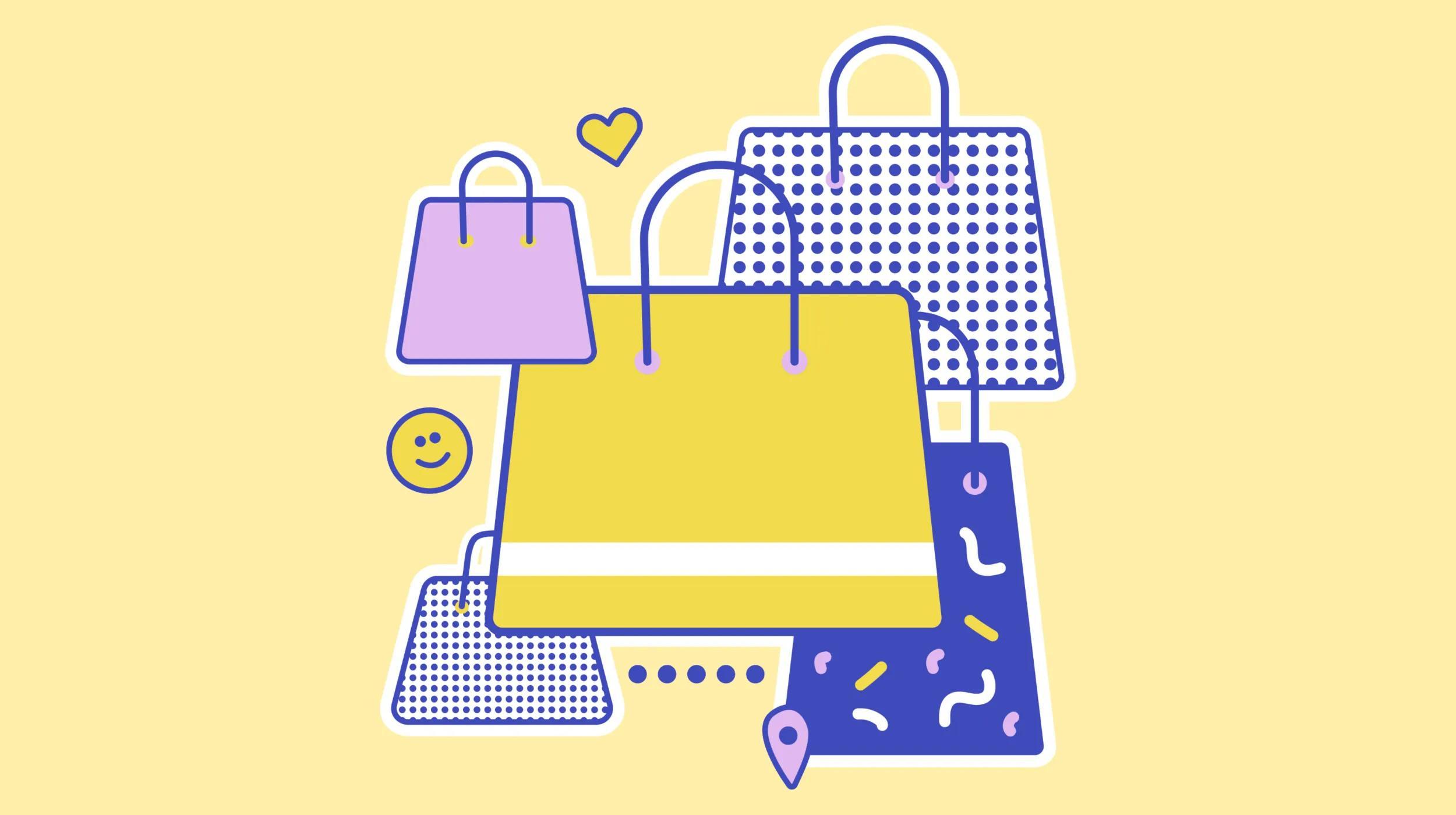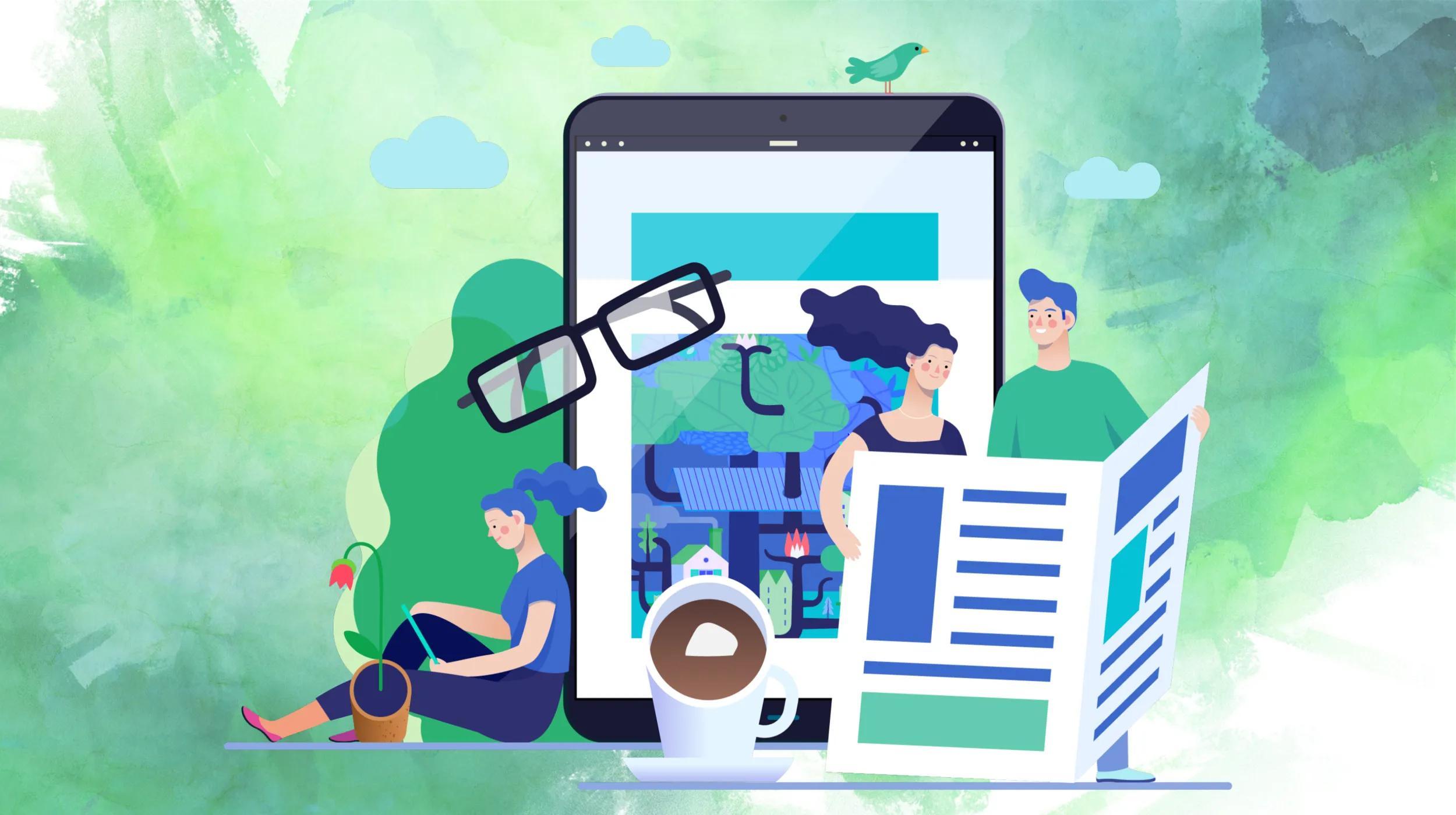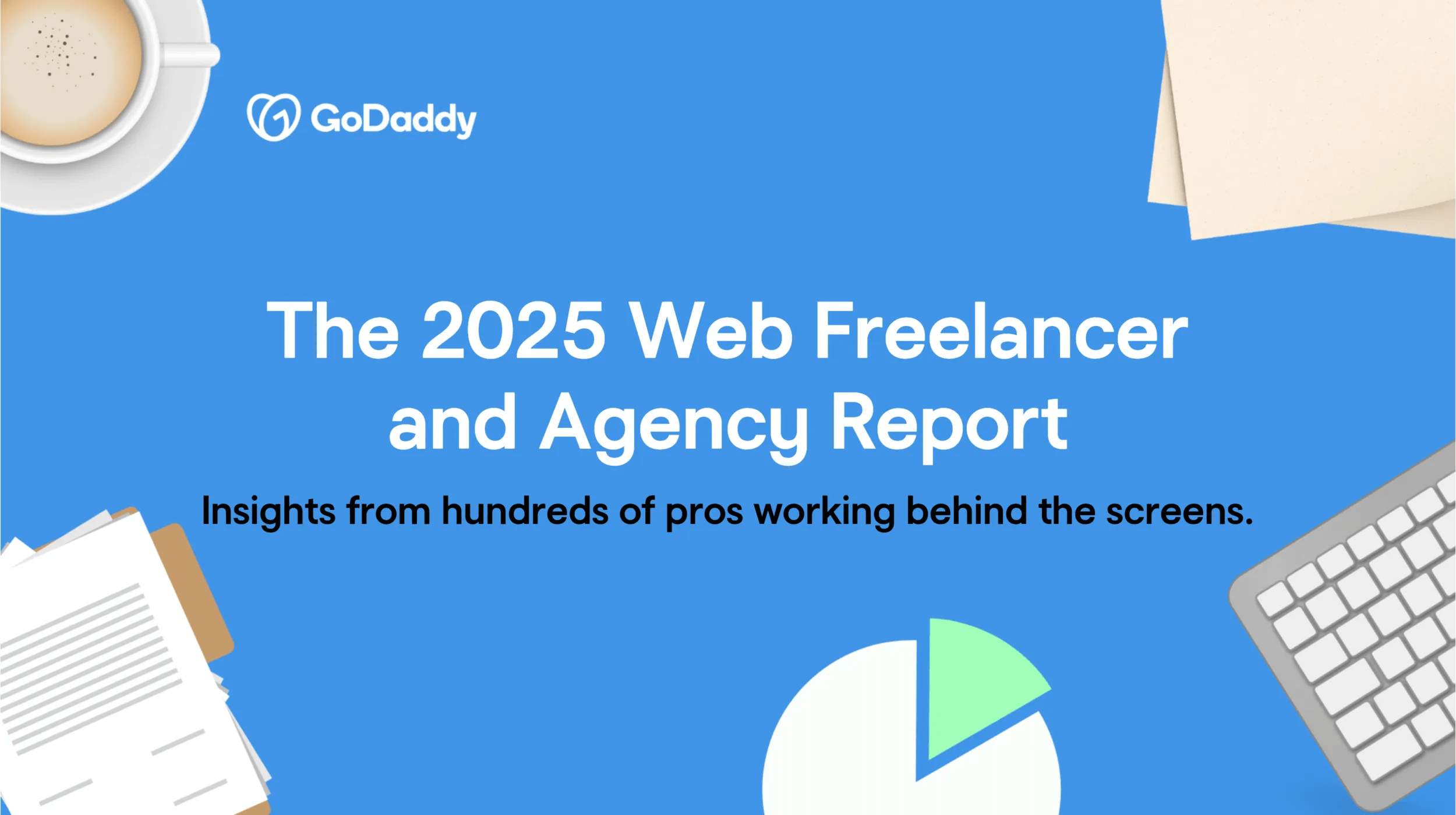If you want to keep your customers happy, you’ll need to implement customer loyalty program ideas that encourage them to return. Providing quality customer service and indispensable products is important, but one sure way to delight customers is to offer perks for buying from you.
Why customer loyalty programs are important
Customer loyalty programs aren’t just nice to have—they can save you money in the long run and help attract new customers.
Retention
It costs five times more to win a new customer than to retain an existing one. There’s no better reason to focus on making your existing customers feel special. And a happy customer can be turned into a brand advocate.
Acquire new customers
Offering a loyalty program gives new customers an incentive to buy from your site. Plus, existing customers will feel valued and are more likely to spread the word about your company.
Reinforce your reputation
A good loyalty program shows you care about your customers and enhances your brand’s positive perception. It’s important to have a variety of customer loyalty program ideas at your disposal.
Enhance customer support
Including order tracking systems and self-service support options provides real-time updates and streamlines customer support. These features enhance the overall customer experience, making your loyalty program more effective by ensuring customers feel informed and assisted throughout their journey.
Utilize email and SMS marketing
Use email and SMS marketing to communicate directly with customers, offering personalized discounts, updates, and exclusive offers. Get a professional email from GoDaddy to ensure you have the perfect, credible email address.
Different types of customer loyalty programs
To cater to diverse customer preferences, it’s essential to offer various loyalty program types. Here are the main types of loyalty programs you can implement:
Points-based programs
Points-based loyalty programs reward customers with points for purchases, which can be redeemed for discounts, exclusive products, or other rewards. This system encourages repeat purchases as customers work towards earning rewards. It’s simple and widely appreciated across different industries.
Value-based programs
Value-based loyalty programs allow customers to earn rewards not just through purchases but also through other interactions, such as registering products, participating in community events, engaging on social media, or completing surveys.
By offering incentives like coupons or free samples for survey participation, businesses can enhance customer engagement and gather valuable feedback to improve their offerings. This type fosters a deeper emotional connection between the customer and the brand.
Tiered programs
Tiered loyalty programs offer different levels of membership, with each tier providing increasingly valuable rewards and benefits based on customer spending or engagement. This approach incentivizes customers to reach higher tiers, thereby increasing their loyalty and spending.
Additionally, many brands celebrate customers’ birthdays with personalized offers or gifts to make them feel valued.
Subscription-based programs
Subscription-based loyalty programs involve customers paying an ongoing fee to access exclusive perks, products, or events. This model is best suited for frequent, less-considered purchases, providing significant benefits that justify the membership fee and ensure consistent engagement.
10 customer loyalty program ideas for your ecommerce website
Creating a customer loyalty program doesn’t have to be hard or overwhelming. Here are ten ideas you can implement quickly.
1. Giveaways
People love free stuff. Explore your audience’s needs and give away something they’ll appreciate. Besides helping you retain existing customers, it will also help promote your business to new customers and create buzz.
Consider collaborating with influencers in your niche to spread the word about your giveaway and expand your reach.
2. BOGO offers and discount coupons
BOGO stands for “Buy one, get one,” and extending such an offer gives customers a reason to buy specifically from you. This can be buy one, get one half off or buy one, get one free.
Host a one-day sale where loyalty program members receive a BOGO deal, making it exclusive and giving people a reason to sign up on the spot.
You could also provide discount coupons — a successful tactic for driving loyalty with 61 percent of consumers saying they use them. You can find out more about using discounts to increase revenue in our helpful how-to guide.
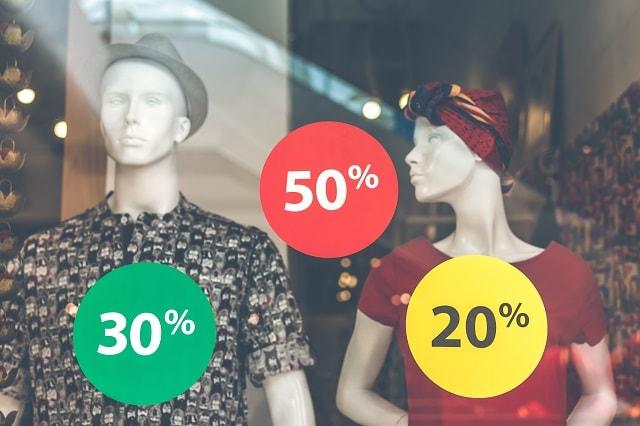
3. Gift cards
Whether your goal is retaining customers or acquiring new leads, selling gift cards can help you achieve both. A gift card is an easy way to give customers a reason to buy from you.
Additionally, as gift cards remain a popular present year-round, your customers can promote your business by gifting them to loved ones, resulting in new customers. Implement this idea by offering an extra $5 gift card for every $25 gift card purchased.
4. VIP privileges
Your customers are the heart and soul of your business, so they need to feel like VIPs.
Consider offering privileges such as early access to new products or exclusive events.
5. Points for purchases
You’ve likely encountered programs that give customers points for every purchase, which can be used for discounts or free items. Starbucks leverages this type of points-based loyalty program with its Starbucks Rewards program.
Whenever you use the Starbucks app to complete your purchase, you get stars in return. Once you collect enough stars, you can redeem them for free beverage or food.
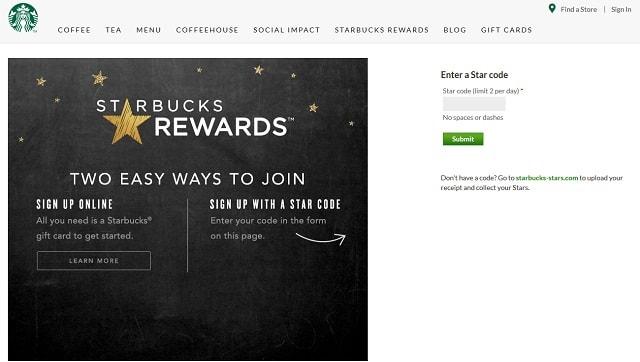
6. Free shipping
A whopping nine out of 10 shoppers believe that free shipping is the top incentive to shop online. Take a hard look at your shipping costs and see if it’s possible to offer this perk to repeat customers.
7. Pay later programs
Another way to keep customers coming back is to offer them the option to pay later. This works well with big-ticket items that customers often finance.
You can provide payment plans to loyal customers. If you have a physical location in addition to your online store, consider taking online orders that can be paid for upon pickup.
8. Implement gamification elements
Enhance your customer loyalty program by incorporating gamification elements such as leaderboards, contests, and badges. These features make the experience more engaging and interactive, encouraging customers to participate actively and strive for rewards.
Leaderboards can showcase top-performing customers, fostering a sense of competition, while contests can offer exclusive prizes for achievements. Badges provide visual recognition for milestones, motivating customers to reach higher levels of engagement and loyalty.
Implementing these gamified aspects can significantly boost customer interaction and long-term loyalty.

9. Offer members-only pricing and exclusive discounts
Provide members-only pricing and exclusive discounts, such as one-day flash sales and personalized offers, to ensure your loyal customers receive consistent price advantages over one-time discounts.
This strategy rewards your existing customers and also incentivizes new customers to join your loyalty program to take advantage of these exclusive deals.
10. Implement referral programs
Encourage your customers to refer friends and family by offering rewards for every successful referral. For example, TheCHIVE has successfully generated 6,800 referred visits per month by integrating referral rewards into their loyalty strategy.
Building specific rewards for referrals can increase your program’s value and attract high-value customers at a low cost.
Customer loyalty is important to your bottom line
Acquiring new customers is much more difficult (and expensive) than retaining current ones. These customer loyalty program ideas can help you keep your existing customers happy and encourage them to continue spending money with you.
